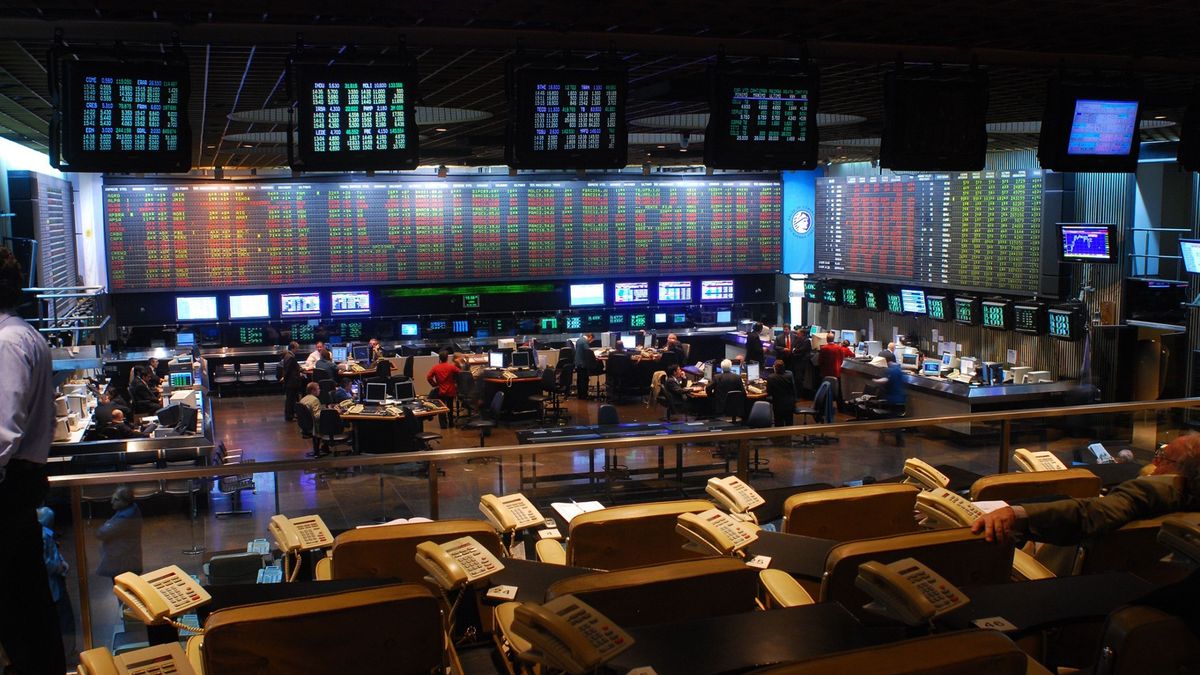Operators point out that the short and medium-term doubts that weigh on the local economic future make investors move away from risk placements and seek coverage.
The financial analyst Javier Timerman considered that the rise in country risk and the collapse of bonds is consequence of a “crisis of confidence” in the country, for which he recommended both the ruling party and the opposition “give peace of mind in this context of weak markets.”
According to Timerman: “It is impossible for there to be a single factor that explains the rise in country risk and the collapse of bonds, there are several. Argentina, after the restructuring of its debt, lost the ability to finance itself in dollars in the market and the only source of genuine financing was left to borrow in pesos in the local market”.
“As there are expectations of inflation and devaluation, the market began to buy debt and finance the government in bonds that are mainly tied to inflation and, to a lesser extent, in bonds tied to the dollar,” he added.
S&P Merval and ADRs
The Buenos Aires stock market fell on Friday hit by the fall of its foreign peers. BYMA’s leading stock benchmark S&P Merval fell 1% to 87,953.23 points, after falling 1.19% the day before when some domestic New York ADRs fell as much as 6%.
This Friday the US Dow Jones stock index fell a strong 2.3%.
Source: Ambito
David William is a talented author who has made a name for himself in the world of writing. He is a professional author who writes on a wide range of topics, from general interest to opinion news. David is currently working as a writer at 24 hours worlds where he brings his unique perspective and in-depth research to his articles, making them both informative and engaging.




